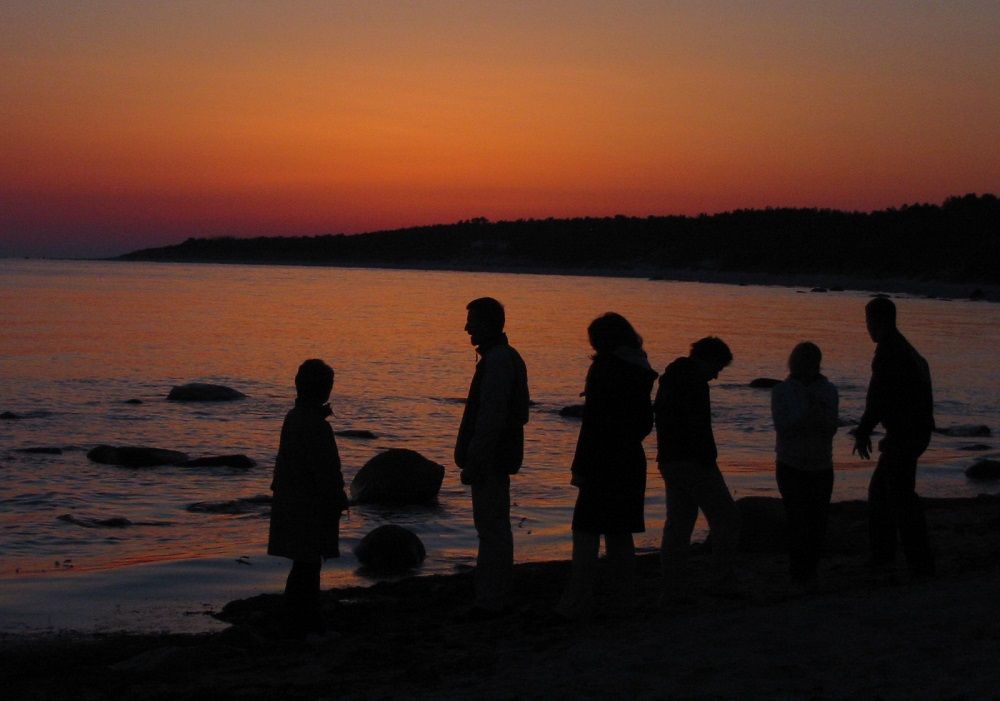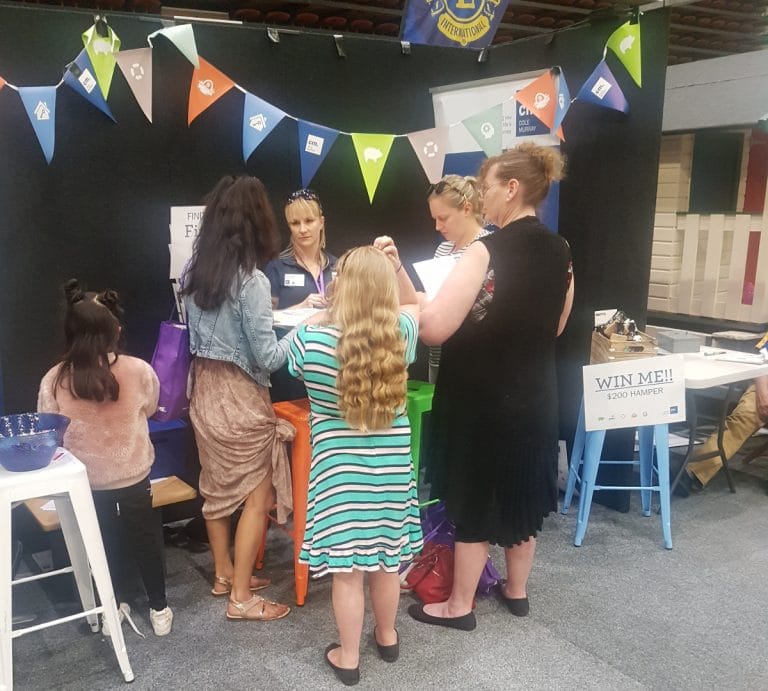We all go through life accumulating assets and wealth (even your life insurance and KiwiSaver balance are ‘assets’!), so it is smart to take some control over how those assets will be distributed after you die.
However if you don’t have a Will (the legal term for this is ‘dying intestate’) your assets could be tied up for months while the Court administers your Estate. Due to the Court process your Estate will face additional costs. If you have young children their custody could be uncertain.
As your family cope with their grief they could also undergo a lot of added heartache. Don’t leave things to chance, and ensure you have the final say in what happens to you, your loved ones and worldly possessions.
By making your Will, you are completing a final act of love for your family.
No Will? Here are some scenarios…
- Survived by your spouse (but no children or parents) – your spouse will receive your whole Estate.
- Survived by your children (but no spouse or parents) – your children will receive your Estate at 20 years of age (in equal shares).
- Survived by your spouse & children – your spouse will receive your personal chattels up to $155k & 1/3 of the remaining Estate, and your children receive the remaining 2/3 at age 20.
- Survived by spouse & parents (but no children) – your spouse will receive your personal chattels up to $155k & 2/3 of the remaining Estate, and your parents receive the remaining 1/3.
- No spouse, no children, no parents – your Estate passes to certain blood relatives (as determined by the government).
When distributing an Estate, the government’s basic order of priority is the spouse (including de-facto & civil union partners), then:
- Your children (regardless of whether you’re married or not)
- Your parents
- Brothers and sisters
- Grandparents
- Uncles & Aunties
Also consider setting up an Enduring Power of Attorney (EPA)!
An EPA will specify someone you trust to take care of your affairs if you are still alive but mentally incapacitated. There are two kinds of EPA’s – one for property & financial matters and one for your personal care & welfare. If you don’t have one in place for your property, then your assets, properties and money may be frozen until your family can go through the costly & time-consuming legal hoops.
If you’d like to look at this offer, talk to your Cole Murray Adviser who will be happy to provide you with the details and introduce you.
Need help getting started?
We’re happy to refer you to a professional – just ask your Cole Murray Adviser or contact us.




